
ISCTT 2020

The 2020 5th International Conference on Information Science, Computer Technology and Transportation (ISCTT 2020) was successfully taken place on November 13-15, 2020 in Shenyang, China. All accepted papers were published by CPS.
Group Photo
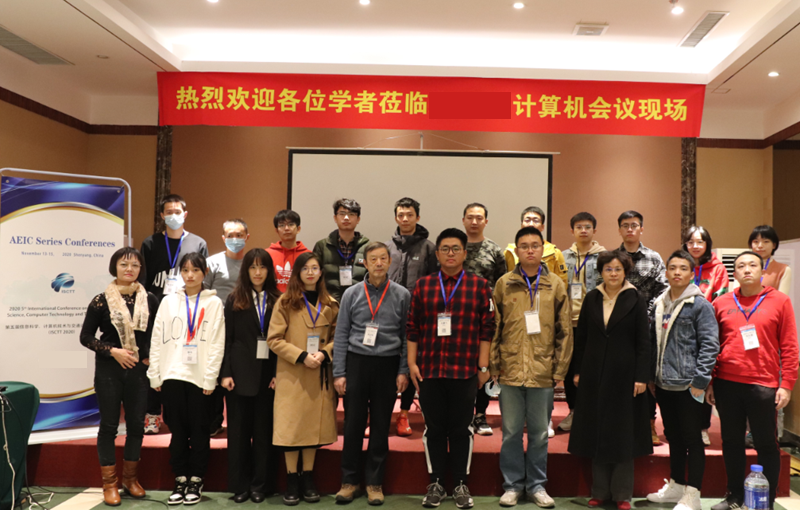
Keynote Speakers
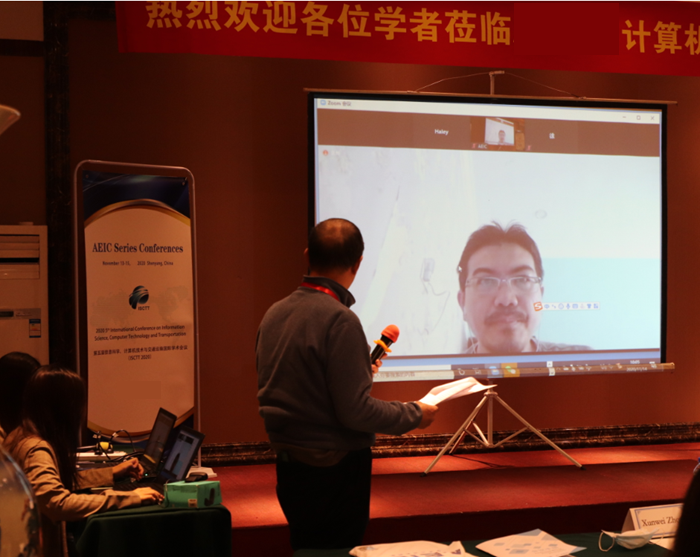 |
Prof. Mohd Shakir Bin Md Saat Universiti Teknikal Malaysia Melaka (UTeM) |
Title: Capacitive Power Transfer Technologies – Issues & Challenges in the View of Control System Engineering
Speech Abstract: Capacitive power transfer (CPT) technology, since 7 years ago, has attracted very much attractions from researchers in the field due to its advantages over its counterparts. In general, the technology utilizes the capacitive approach in transferring power to the load without any contact (wireless). This allows the technology to be applied in many applications, mostly when a wired connection is not preferred. This CPT technology can also be useful in the considered harsh or dangerous environment. It is interesting to note that the work’s primary focus is to maximize efficiency by introducing a new impedance matching circuit. This circuit mainly used power electronics theory in order to design it. Recently, some attempts can be found that utilized control system theory to control the system so that the output efficiency can be maximized. The so-called self-tuning circuit is established to control the Zero-Voltage-Switching of the system by introducing a so-called Phase-Locked loop circuit. However, the proposed solution experiences many issues, especially difficulty in determining the correct phase to be controlled. Therefore, this talk aims to provide some fundamental background regarding the CPT system, then highlighting the main issues and challenges that exist to further tackled by researchers in the control system engineering field. Some preliminary results on the modelling of such a system in state-space representation and some results on state-feedback controller design (using pole-placement) and LQR controller will also be provided. |
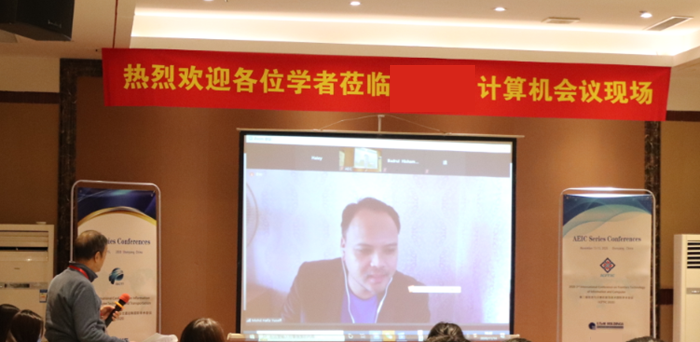 |
Prof. Mohd Hafiz Yusoff Albukhary International University, Malaysia |
Title: Big Data Technology to reduce poverty: A case study in Malaysia.
Speech Abstract: The limited availability of data on poverty and inequality poses major challenges to the monitoring of Government Agencies twin goals – ending extreme poverty and boosting shared prosperity. According to a recently completed study, for nearly one hundred countries at most two poverty estimates are available over the past decade. Worse still, for around half of them there was either one or no poverty estimate available. Increasing the frequency of data on poverty is critical to effectively monitoring the Agencies twin goals.Against this background, the science of “Big Data” is often looked to as providing a potential solution. The rapidly increasing volumes of raw data and the accompanying improvement of computer science have enabled us to fill other kinds of data gaps in ways that we could not even have dreamt of in the past.In this research project, the approach and strategy to produce the meaningful data of poverty will be presented. This research project hopefully will give more impact to poverty alleviation programs. |
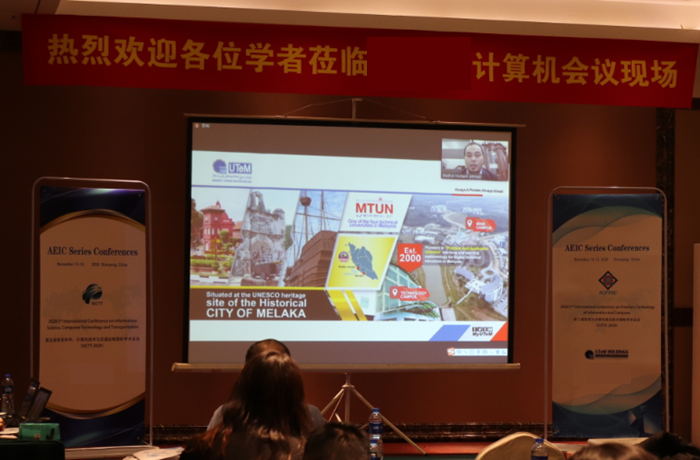 |
Prof. Badrul Hisham bin Ahmad Universiti Teknikal Malaysia Melaka (UTeM |
Title: LTCC based technology: Past and Present
Speech Abstract: Low temperature Co-Fired ceramic(LTCC) is a technology used to fabricate devices in multilayer. It is a desirable technology due to its robust nature and low-cost multilayer device fabrication process. Now it is used in so many applications such as RF equipment, sensors, embedded passive component devices, rugged packaging, actuators, etc. In this paper, various uses and advantages are discussed of LTCC technology. It has opened a new dimension to device fabrication. |
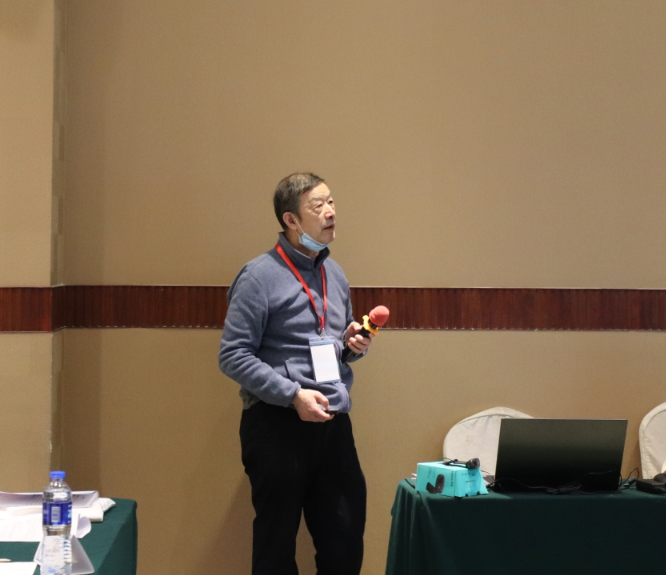 |
Professor emeritus Xunwei Zhou Beijing Union University, Chin |
Title: Multiple connection operators association rule mining
Speech Abstract: The Mutually-inversistic logic is constructed by the author. In mutually-inversistic predicate calculus quantifiers are not introduced. In mutually-inversistic predicate calculus “all men are mortal” is denoted by man(x)≤-1mortal(x), “some even numbers are prime numbers” is denoted by even_number(x)/ꓥ-1prime_number(x). ≤-1 and /ꓥ-1 are connection operators. Multiple connection operators association rule is in the form of student(x)≤-1{course(y)/ꓥ-1study(x, y)}, meaning “for all student x, there exists course y such that x study y”. The rule is naturally embraced in the relational database studying. “Student(x)” is just the primary key of the entity table student, “course(y)” is just the primary key of the entity table course, “study(x, y)” is just the primary key of the binary relationship table studying. Multiple connection operators association rule mining is to mine the rule. |
Oral Speakers
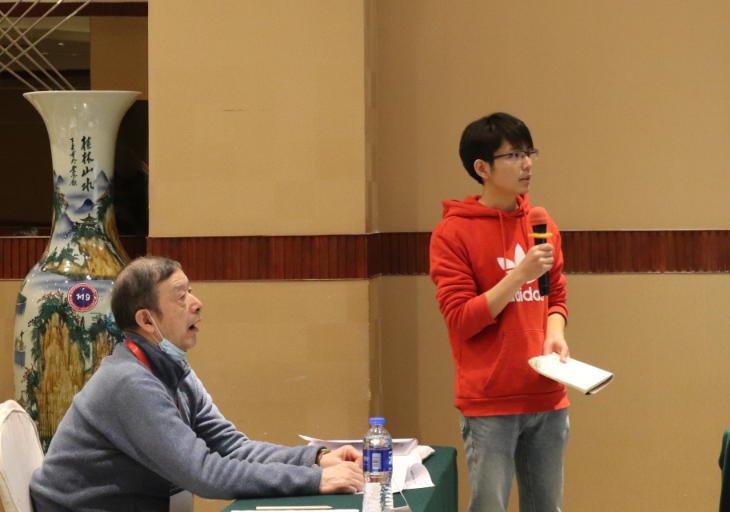 | 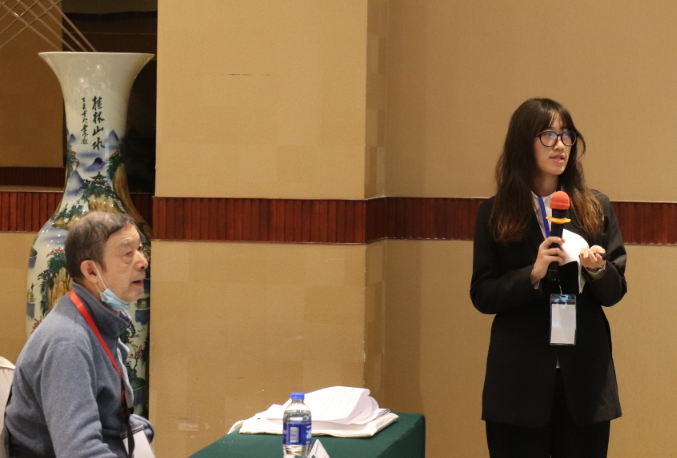 |
| Yang Wang, Hunan University of Technology | Siyu Liu, China University of Petroleum |
Title: Coordinated Control of Multi-Permanent Magnet Synchronous Motors for Consistent Total Traction Torqu | Title: Research and Application Analysis of Hyperspectral Image Unmixing based on sparse regression |
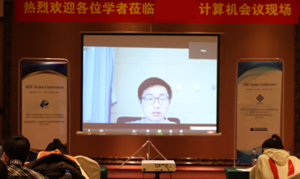 |
| Cong Huang, Chengdu University of Technology) |
Title: Research and application of data mining algorithm |